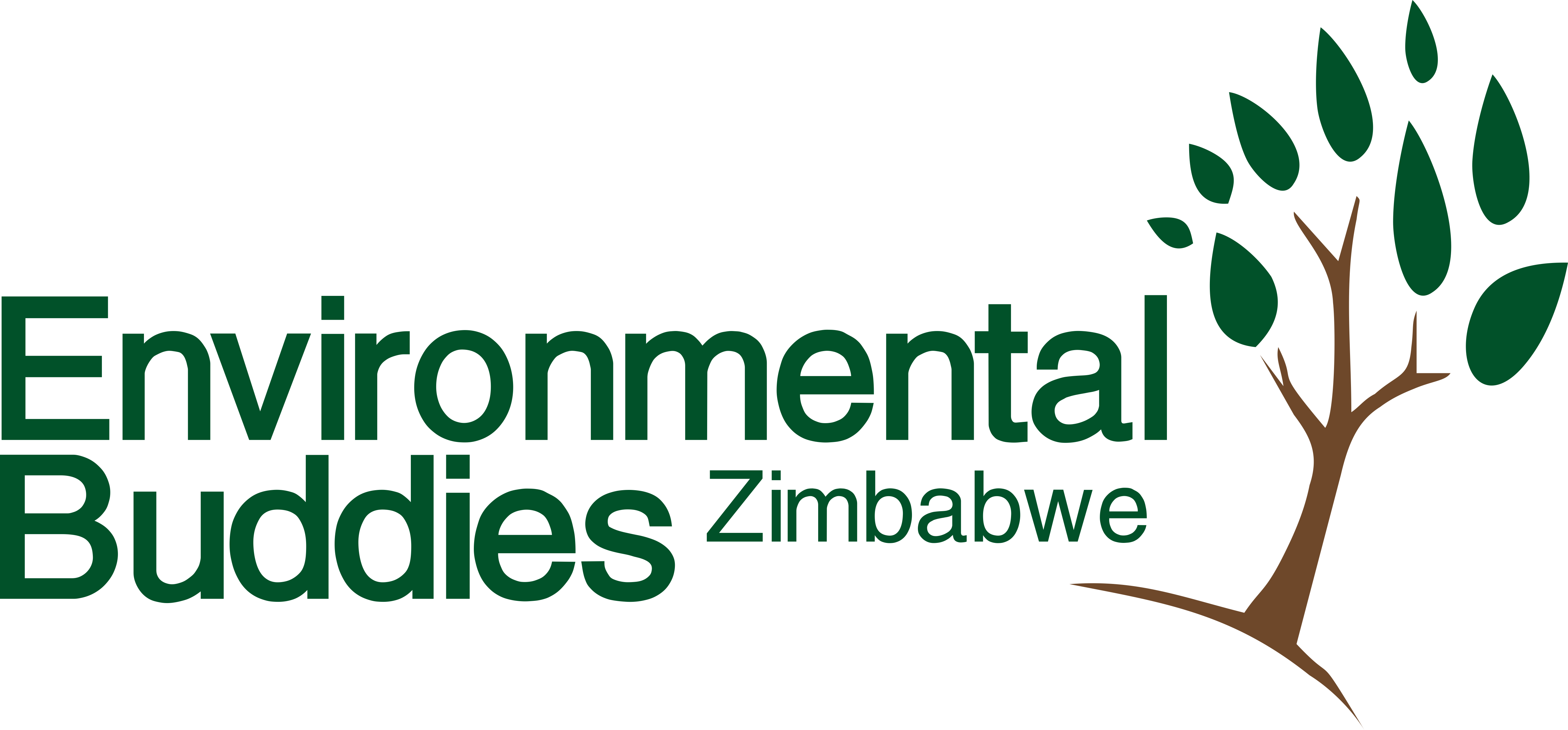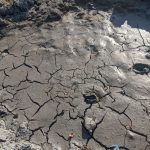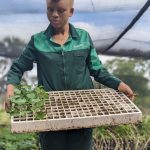FOOD SECURITY: Marange Women Adding Value to Agriculture Products
Vegetables and field crops play a significant role in nutritional and food security in Marange and other rural communities in Zimbabwe and Africa as a whole. With the increasing climate change induced food insecurity there is a need to preserve them for long term use. Fresh fruits and vegetables including root crops are mostly perishable in nature and begin to deteriorate immediately after its separation from the parent plant and suffer considerable losses. Thus low cost vegetable processing and value addition is very important to minimize huge post-harvest losses to a greater extent for nutritional security of large section of population.
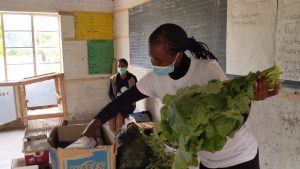
Value addition means changing or processing a product from its original state to a high quality state which enhances the overall end product. The value of farm products can be increased in endless ways: by cleaning and cooling, packaging, processing, distributing, cooking, combining, churning, culturing, grinding, hulling, extracting, drying, smoking, handcrafting, spinning, weaving, labeling, or packaging
Examples include, processing maize into flour and packing it, drying herbs and grinding them into powder, canning products, pasteurizing milk, drying and packaging products, smoking, marinating, sun drying and curing fish. Crafts and trees can be made into different products like furniture, bags and ornaments. Different other products from different raw materials can also be made like perfume from flowers, herbal drugs and ailments.
Value addition can be done on both small and large scale. Small scale value addition is done at home, small farms and factories while on large scale its done in large factories and involves profuse production and use of complex machines for processing products into goods like processed foods, beauty products like perfumes, health products like drugs, and tangible goods like furniture, crafts, ornaments. Almost all the products on market today which we use in our daily lives are value added products.
The first step to adding value to your product, is deciding what you want to produce, and how you want to process it. For example, processing of fresh tomatoes can be done to prepare the following value added products like; tomato pulp, tomato puree, tomato paste, tomato flakes, canned tomatoes, tomato ketchup, tomato soup and sauce, tomato powder and dehydrated tomato. Different processed products of carrots are: carrot juice, carrot powder, carrot flakes, canned carrot, carrot candy, carrot halwa, carrot grits, carrot soup, carrot dalia and fabricated baby foods. Different processed products of potatoes are potato flour, potato grits, potato flakes, potato granules, potato cubes.
Vegetables have great medicinal, nutritional, and health promoting values. Horticultural crops provide various components, which can be effectively and gainfully utilized for value addition like pigment, amino acids, oleoresins, antioxidants, flavors, aroma etc. Post harvest losses can be between 5 to 30 per cent or more, which amounts money being lost. If we subject our produce to value addition the losses can be checked. Horticultural crops are right material for value addition because they are more profitable, have high degree of process ability, richness in health promoting compounds and higher potential for export.
More benefits of value-added foods include providing better nutrition to children and mothers; greater income for producers; access to new markets; and new processes to improve packaging and storage to reduce waste and ensure greater food safety. More jobs are also created as various industries will rise up; for example those that make packaging, those that make industrial machinery and those involved in trade, transport and distribution. The cumulative benefits also include infrastructural development like roads and improved standards of living for the people.
In addition, it contributes to food security by ensuring that that food stays fresh and longer. This helps to avoid food loses, ensures availability, and quality maintenance. This helps to reduce global hunger for people everywhere around the world especially for those in arid and war torn areas. It thus contributes to sustainable development. Wastage and disposal of unwanted refuse is curtailed since they can be made into different quality products. This helps to ensure zero waste and protect the environment. For example, making briquettes out of saw dust, processing waste cuts into dog food. It therefore facilitates waste recycling and re-usage.
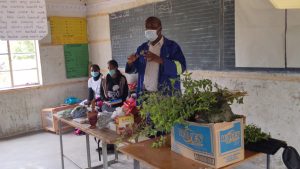
On the 21st of April a local NGO GreenGov Zimbabwe Trust facilitated a Value addition workshop with 40 women from Marange Ward 23. Most women in the community are engaged in subsistence farming where they produce various grains , fruits and vegetables to feed their families. Without electricity and refrigerators to preserve most vegetable, the women suffer post harvest losses. The women have been using traditional methods of boiling and drying leaf vegetables such as cabbage, covo, kale. Drying is done on sacks or rocks. This method is effective but Mr. Ian Munhungewarwa, the facilitator indicated that if not done properly final product might have soil grains that might ruin them.
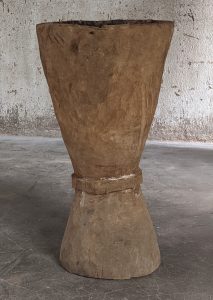
Low cost tech of mortar and pestle and huyo have been used and they are still handy even up to date. Ian introduced the Solar Dryer, a welcome development by the Marange women who appreciated its low cost and improved hygiene when handling produce. When talking about low technologies, Ian said, ‘they are affordable and climate smart as they do not emit carbon dioxide into the atmosphere. They do not require a lot of technical skills to use and can be made from locally available materials.’
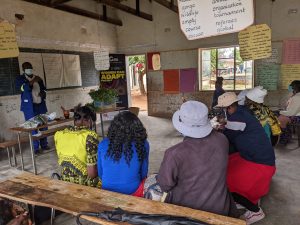
Brenda Mhlanga an intern at Environmental Buddies Zimbabwe from the National University of Science and technology who took part in the workshop has this to say, ‘ in the wake of climate induced droughts, value addition of farm and garden produce is gold to rural communities as it preserves food that can be used as a buffer for the future.’
Ms Shylet Mangwindime from Ward 23 in Marange applauded GreenGov Zimbabwe for such a training saying value addition makes their products more attractive to the final market and this has a potential to earn them more money than before. Such income revenues help them take care of their families, thereby reduce poverty.
